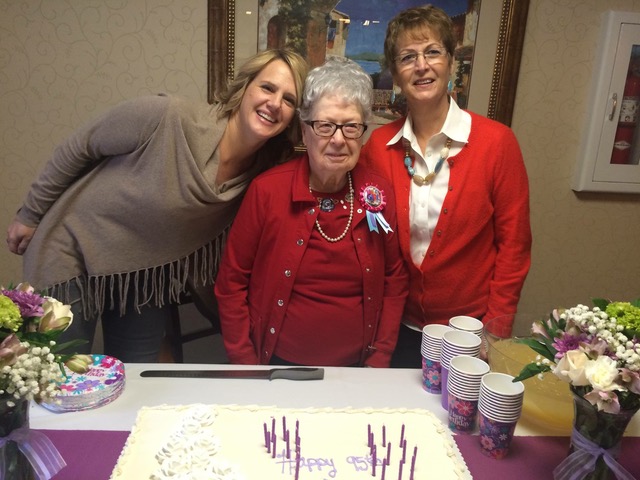As you navigate life’s changing seasons alongside your loved one, honoring their wishes may feel impossible at times. For starters, as their health, mobility, and autonomy levels evolve, the journey may be complicated at best. Emotions and expectations on both sides can – and likely will – emerge along the way. This is natural! As someone who is lovingly caring for someone else, it is important to always center their needs and unique experience in this process. Listening and holding space for your loved one to hone their wishes is an invaluable gift.
The road to understanding what it is that your loved one expects or desires for themselves likely isn’t straightforward, but it will be rewarding. It won’t happen all at once, and in fact, you wouldn’t want that. If you are able to spread these conversations across several sessions, you can be especially mindful of the potential for these topics to create discomfort, reluctance, and more commonly initial ambivalence. Multiple occasions to converse and explore the topics will set the stage for ease.
The best time to start having these conversations is before they’re needed in reaction to an unexpected incident. Write down your questions prior to your conversation so that you can frame open-ended questions that might elicit a range of helpful insights. For example, “Mom, brother David and I were talking about our living wills, do you have a living will that identifies someone to be your power of attorney? If you were to suffer a fall where you would need support, where would you like to live? Remember, focus on their needs and gently understand their motivations, concerns and hopes as best you can. The more direct feedback and clarity you receive from your loved one during this phase, the easier it will be for others in your ‘care circle’ to respect their wishes at a later date. Key emotions to guide you during this phase are patience, compassion, and open-mindedness. Your role is to listen, so that later, you can facilitate.
If your loved one is difficult at any point during the process of communicating their wishes, try to understand the inherent challenges they must be experiencing as they work to accept the limitations of aging, and this reversal of the caretaker role in their later years. Whether they are stubborn, exasperated, or even demonstrably angry as you attempt to open these dialogues with them, it’s important to remember that the information they provide and think about in advance of needing to actually make any difficult decisions, will help you to better meet their wishes in the long term.
Once you know and have a solid understanding of your loved one’s wishes, you can inform family members and begin to communicate with the ‘care circle’ you’ve established. If you do have a network of relatives, professionals or friends who are able to aid in the process, you can distribute the responsibilities among the group in order to create an atmosphere of love, respect and care. This, too, will likely require a series of discussions so that everyone is informed and aligned.
An additional element of your role will require balancing your judgment against the established wishes. Situations may not always neatly progress and decisions likely won’t be black and white, so leaning on your compassion and your instincts is crucial in the event of any potential disconnect.
Life is not linear, so it’s always best to expect a degree of unpredictability beyond the scope of even the best-laid plans. And as with any plan, it’s important to check in with your loved one to revisit the agreement or set of arrangements on an annual basis at minimum.
If you or your loved one are looking for a community of those with similar life experiences, we highly recommend getting plugged in with our growing SandwYch community. Feel free to reach out to us with any questions you may have at hello@sandwych.co.




